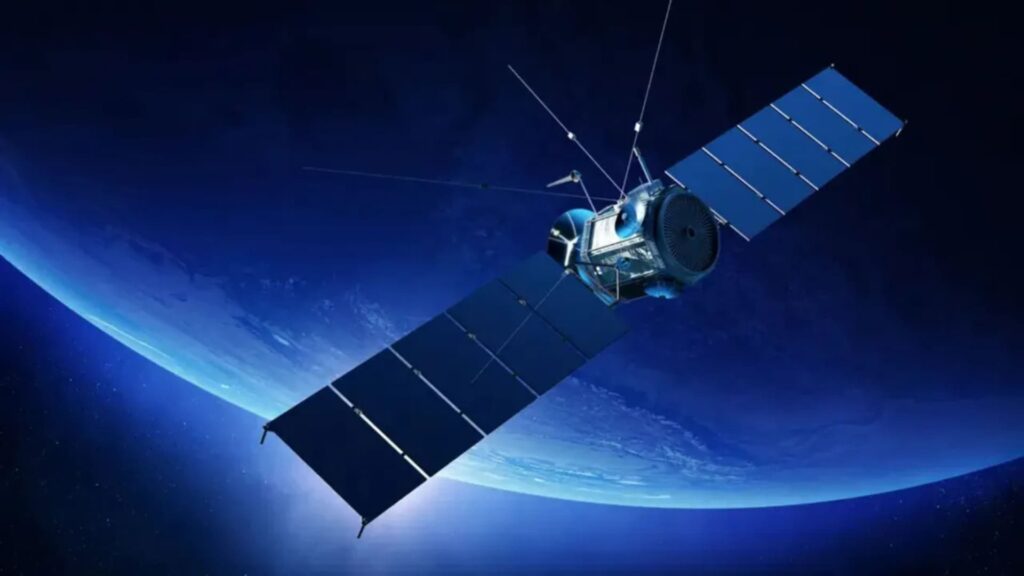On the night of July 24 to 25, thousands of users across the globe were suddenly faced with silence from above — Starlink, the satellite internet system developed by SpaceX, went offline. Within hours, the once-reliable network that beams internet from space experienced partial or complete service disruptions, leaving not only individual users but also critical services in the dark.
Reports of the outage quickly flooded social media and tech forums. People from all over — from Pacific coastlines to the far north — shared that their terminals had lost connection with the satellites. The scale of the problem quickly escalated into a global concern.
What makes the situation especially alarming is that the root cause remains unclear. SpaceX CEO Elon Musk issued a brief statement on the social platform X, assuring that “service will be restored shortly” and apologizing for the inconvenience. He added that the company would address the root cause to prevent a recurrence. However, he shared no technical specifics, sparking a wave of speculation and concern.
Meanwhile, voices within the tech community have begun to suggest that this may not have been a simple glitch. Independent experts are floating the possibility of an external influence — perhaps a cyberattack or even electromagnetic interference. If confirmed, the implications of such a deliberate disruption could be profound.
Since its launch, Starlink has evolved from a convenient internet service into a vital part of modern infrastructure. In many areas with limited connectivity — and in high-stakes environments such as rescue missions, military operations, and field reporting — the system serves as a lifeline. That lifeline being suddenly cut has raised serious questions.
Notably, this isn’t the first disruption Starlink has faced this month. Earlier reports pointed to brief, localized outages, but this event is unprecedented in scope and duration. The fact that service failed simultaneously in numerous locations suggests a cause more complex than a localized technical fault.
As SpaceX engineers work to bring the system back online, questions continue to mount. If the outage was the result of a targeted attack — whether digital or physical — it could signal a new and unsettling chapter in the age of space-based technologies.
Satellite internet was hailed as a leap into the future. But this widespread blackout is a stark reminder: even the most advanced systems remain vulnerable — especially those orbiting silently above us in the darkness of space.



